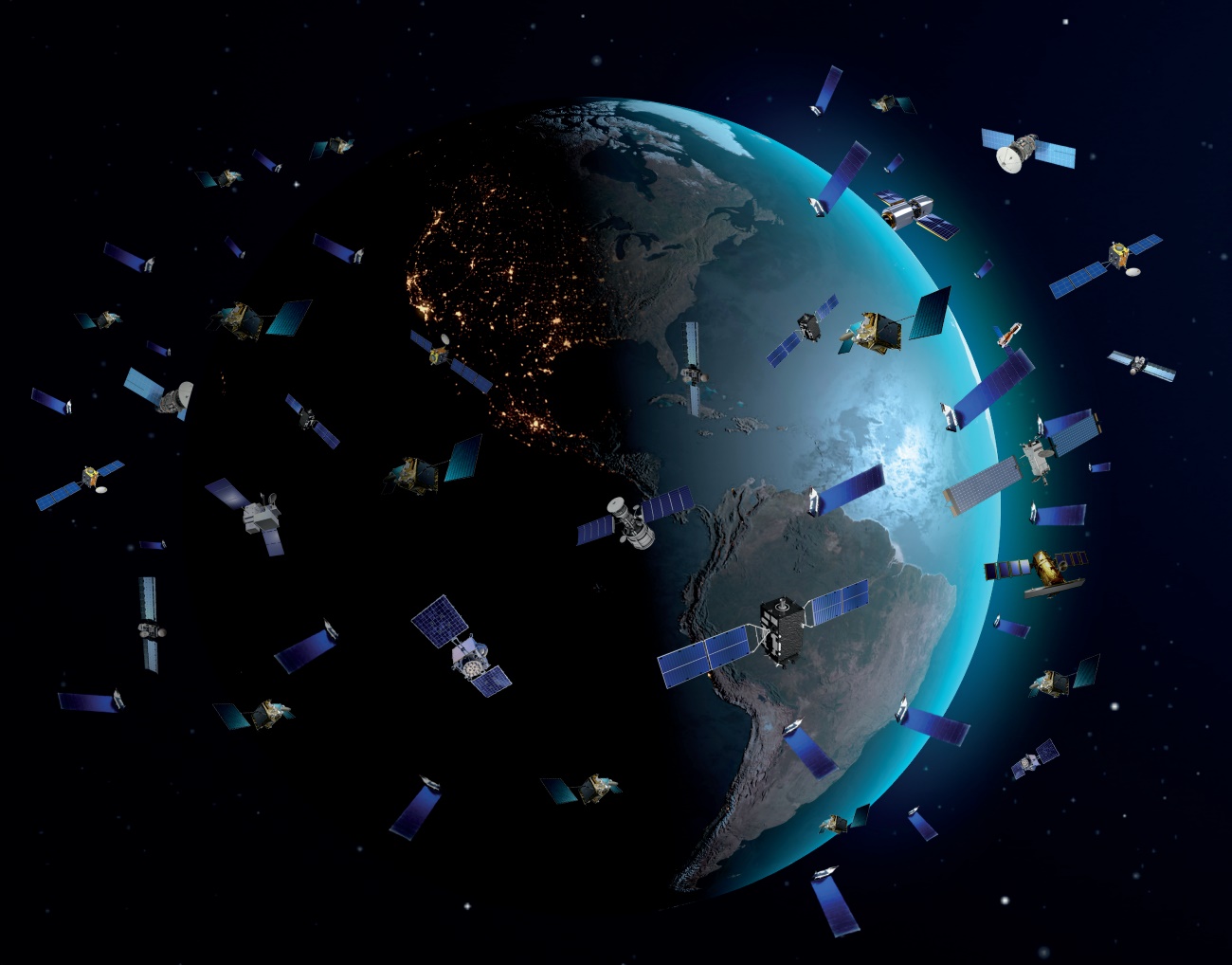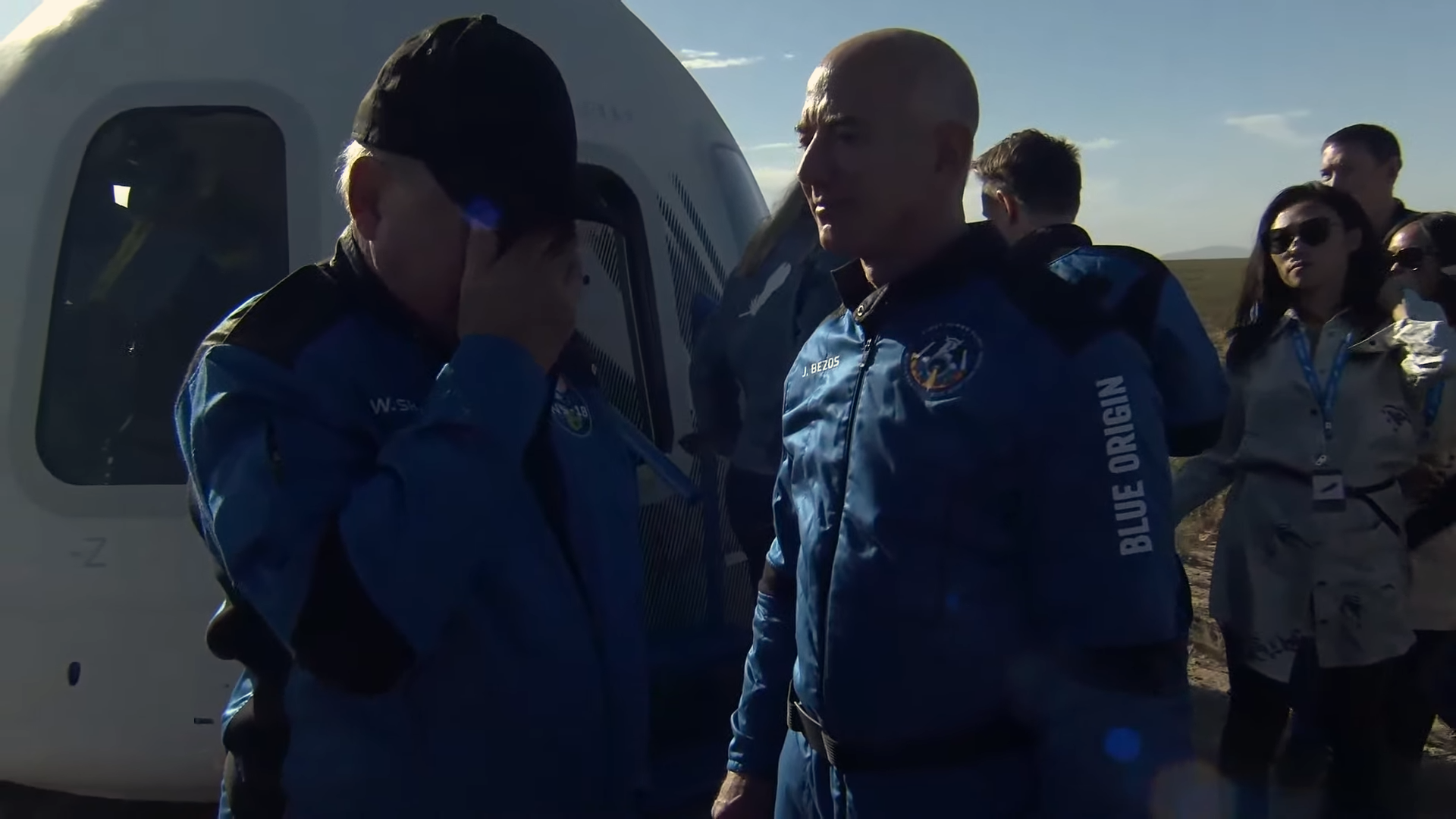Chris Hadfield: I’m certain my wife would not agree that I have good listening skills. It’s human nature: you get preoccupied with your own thoughts, and when I’m busy thinking about something I don’t hear very well, because my brain is sort of already engaged and I don’t necessarily turn noise into a cogent-enough thought that it gets in and I actually acknowledge what somebody is saying—so I’m just as guilty as anyone of not being a good listener.
I think in order to overcome that you have to deliberately listen, and not just to the words, not just the text, but what was the reason behind the text? What do those words mean culturally? How did the person say them and why? Why did they say them now? What’s the sense of urgency? What is the actual message they’re trying to get across? And so, of course, the best way to verify all that is to engage in discussion. Repeat back what you think you heard.
A really clinical example is where Mission Control is calling up something important to the spaceship and we know that communication is lousy—there’s little tiny speakers and it’s radios and it’s clipped and it’s digitized, and so we can’t just count on everybody immediately understanding and having good listening skills.
So we have like, “Houston, station.” “Station, Houston, I’m listening.”
“Okay Houston what I wanted to talk to you about was—whatever—the carbon dioxide removal equipment, and there’s a problem with the CDRA today and I’m in the checklist on page 221 part B, let me know when you’re there.” “Okay. All right. I’m open to that page now. Go ahead.”
So think about how that communication is happening. You’ve gotten their attention, they’ve told you “okay you have my attention” and “now this is the thing I’m talking about are you on the same page as me?” “Yes. I am on the same page as you.” “Okay. Now that both of us are on the same page now let’s actually discuss why we’re trying to accomplish this thing. What are the details? What do we need to know? What do you know that I don’t know?” And then come to a mutual conclusion of “Okay this is what I’m going to do.” “Yep I agree that’s what you’re going to do.”
It’s so incredibly formalized: we’re talking with the ground, but it’s a microcosm of a regular conversation between any two people, we just maybe aren’t quite as rigorous about it. But I think you should keep that in mind, if you’re trying to be a good listener, picture how the ground listens to a spaceship and try and be that person. Truly give them your attention. Try and get on the same page. Question, have a conversation. Make sure you understand the intent. Repeat it back. And then get your actions verified after you do them. And if you can manage to do all those things, even quickly, then I think you have the best chance of being a good communicator—and more importantly, a good listener.






